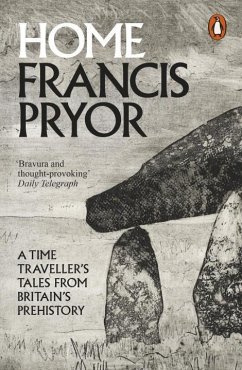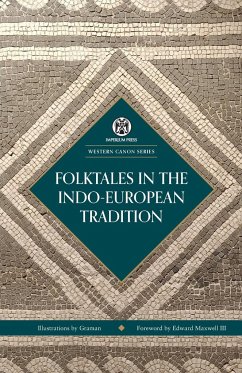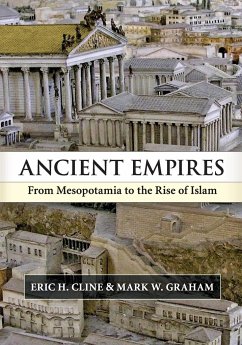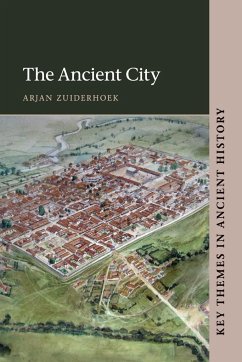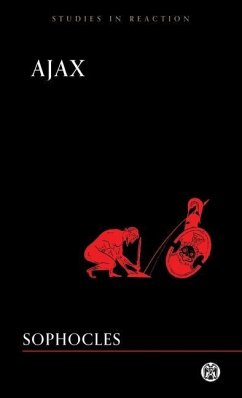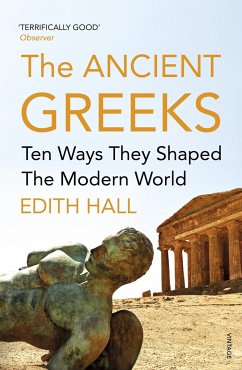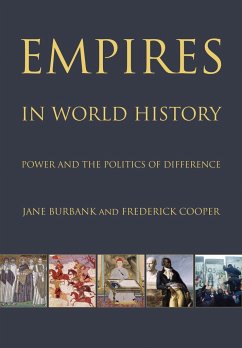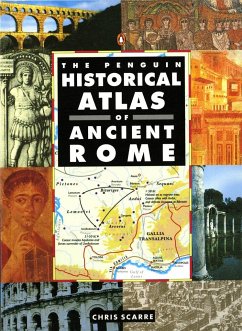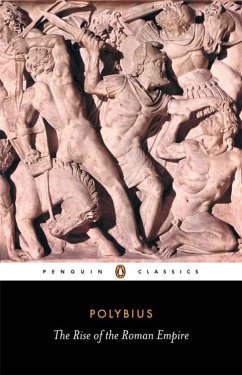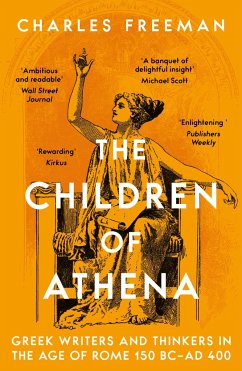
The Ancient City - Imperium Press

PAYBACK Punkte
8 °P sammeln!
In The Ancient City, Fustel de Coulanges hands us the skeleton key unlocking classical civilization—the Indo-European domestic cult—showing this archaic religion to be the engine behind the rise and fall of the classical world. In his foreword, Dennis Bouvard views The Ancient City through the lens of generative anthropology, pointing the way to a post-liberal understanding of our own social order, informed by the imperative order described by Fustel.





